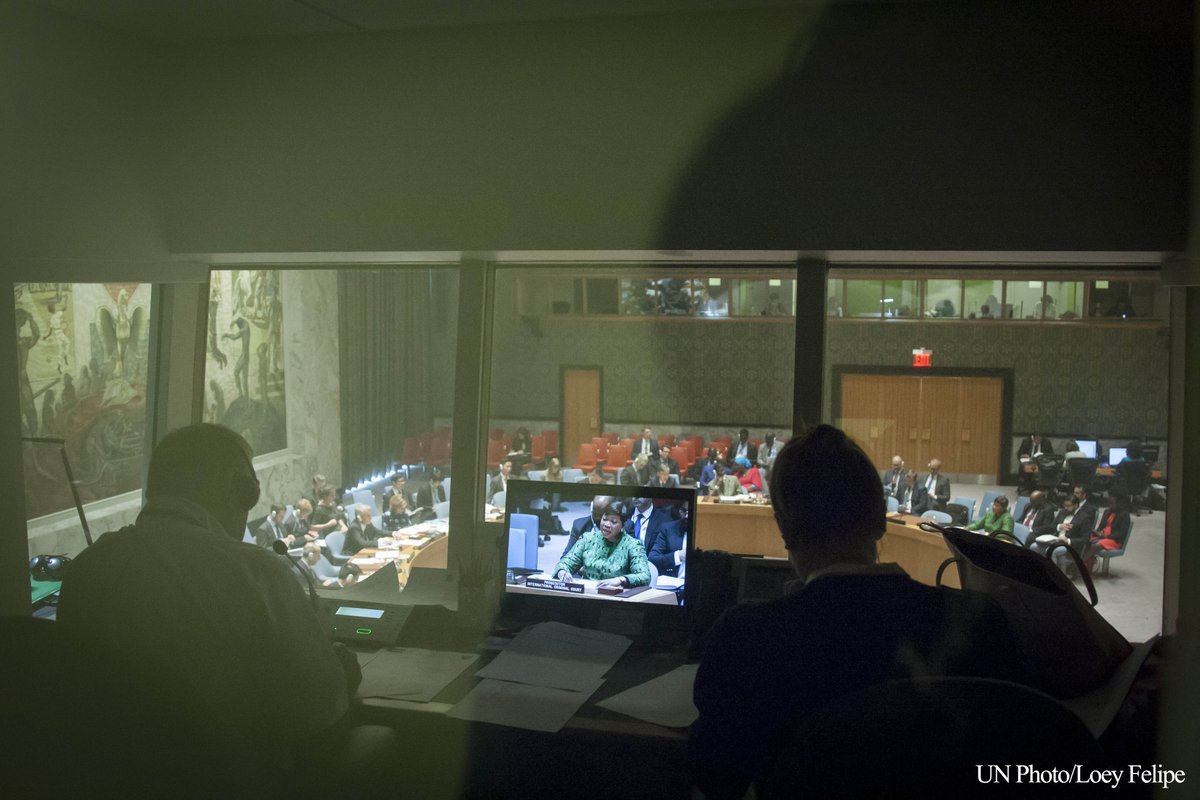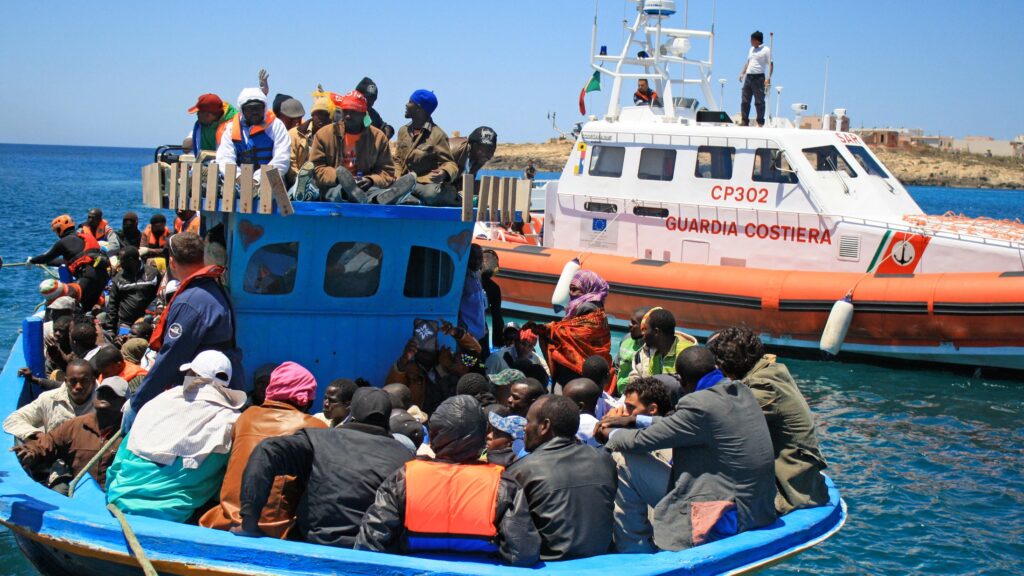
Language, Culture and Justice Hub
This platform seeks to promote inquiry and share knowledge about the full complexity of justice and its processes by:
- Acting as a clearinghouse for scholarship and practitioner-based commentary about how language and culture impact justice, broadly defined.
- Providing a place for those working at the nexus of language, culture and justice to discover new publications, commentators, ideas, and trends.
- Offering a bank of information, resources and contacts in critical thematic areas.
The first themes to be explored are:- the impacts of linguistic and cultural diversity on processes of international criminal justice.
- language rights, including access to competent interpretation, in the context of migration.
- the intersection of language, race, and nationality, with a focus on how this intersection impacts the experiences of international students
Why Create a Hub Around These Phenomena?
The late 20th and early 21st centuries have been marked by diverse military and nonstate actor conflicts, political turmoil and violence, and growing economic inequality across the globe. These situations have led to a mass displacement of individuals fleeing conflict, insecurity, poverty and other humanitarian crises, and also to new law-based remedies such as international criminal prosecutions and dispute resolution, multilateral refugee resettlement policies and domestic proceedings that determine the legitimacy of asylum claims. At the same time, organizations and movements around the globe are working toward increased social justice, equity and fairness at the local level.

A wide range of international and domestic situations are thus characterized by the meeting of multiple languages, diverse cultures and the search for justice through legal and other channels. Knowing the relevant law, however, is not enough to fully appreciate the complexity of how justice is sought and how it is inevitably impacted by linguistic and cultural factors.
It is evident, for example, that there is a need for reliable interpretation between languages, cultures, legal systems and often the expectations of involved actors in order for justice to be achieved. It is also clear that the very concept of justice can mean different things to different people, depending on their backgrounds, experiences and world views.
Principal Goals
The principal aim of the Language, Culture and Justice Hub is to centralize a dispersed set of fields engaged in work around this nexus of issues. The Hub is intended for:
- Practitioners such as translators and interpreters working in international institutions, zones of conflict or on national borders.
- Diverse legal, judicial and humanitarian staff whose activities rely on language services.
- Scholars hailing from a broad array of disciplines, including anthropology, sociology of law, legal studies, international law, linguistics and translation and interpretation studies.
- Professionals who work on and/or study a broad range of processes related to criminal law; human rights; immigration and asylum-seeking; regional political and economic integration; education; trade; and more.
The Hub at Bard College
The Language, Culture and Justice Hub was originally created in early 2020 under the auspices of Brandeis University. In early 2024, the Hub moved to its new home at Bard College, where it is affiliated with the Experimental Humanities Collaborative Network (https://eh.bard.edu/ehcn/) and the Center for Human Rights and the Arts (https://chra.bard.edu/). The Hub was developed and is coordinated by Leigh Swigart (link to Hub profile).
We invite you to become part of this community by creating a profile on the Language, Culture and Justice Hub, joining our listserv or contributing a commentary. We also welcome suggestions about how the Hub can best serve its members.